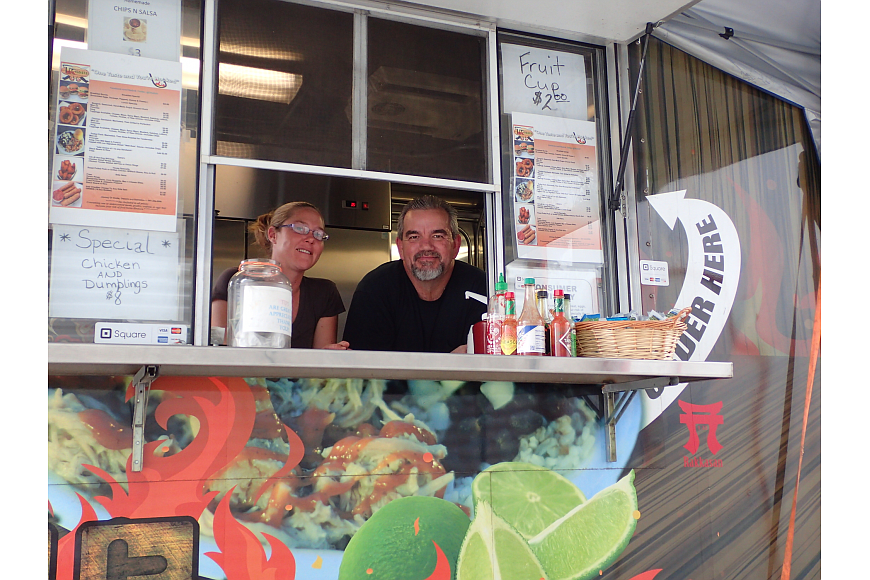- February 18, 2026
-
-
Loading

Loading

Food truck vendors are a step closer to operating in more areas with an expedited permit application process, but the wait isn’t over yet.
At their October 27 meeting, Sarasota County Commissioners authorized staff to advertise a public hearing on ordinances that will affect food trucks.
Donna Thompson, zoning administrator for Sarasota County, said she would like time to continue discussions with restaurant and hospitality groups as well as food truck advocates before she set a date, but told the Sarasota Observer that she hoped to schedule a hearing to take place before March, 2016.
Food truck advocates, though the SRQ Food Truck Alliance, have been working with the county to make changes to rules related to food trucks since May, 2011.
Commissioners briefly discussed some parking issues they hoped to address before authorizing the hearing.
Robinson hoped Thompson and her staff would address “transitional” districts that were meant to be a buffer between commercial districts and residential districts, so that food trucks did not operate where restaurants are not allowed already.
“We may have to be concerned about buffering to residential a little bit,” Robinson said.
Proposed changes include the removal of language requiring permission from businesses near a vending site. Updated language would also change to the process by which vendors obtain permits, removing the step which currently requires the board to decide whether to require a public hearing for each permit application. Other changes include an expanded list of commercial zones where food trucks can operate, and allowing larger trucks.
The changes would also allow site-specific permits, where the owner of a site can obtain a permit and rotate a variety of vendors.
Currently, vendors must get notarized consent from owners of restaurants within 800 feet of a proposed site and can’t operate with 750 feet of one another. Those restrictions spurred conversations between vendors and the county after similar regulations were challenged as unconstitutional in other parts of the United States.
There are no changes to applications to operate on public right of ways, public property or barrier islands. Those would still require a public hearing, according to Donna Thompson.